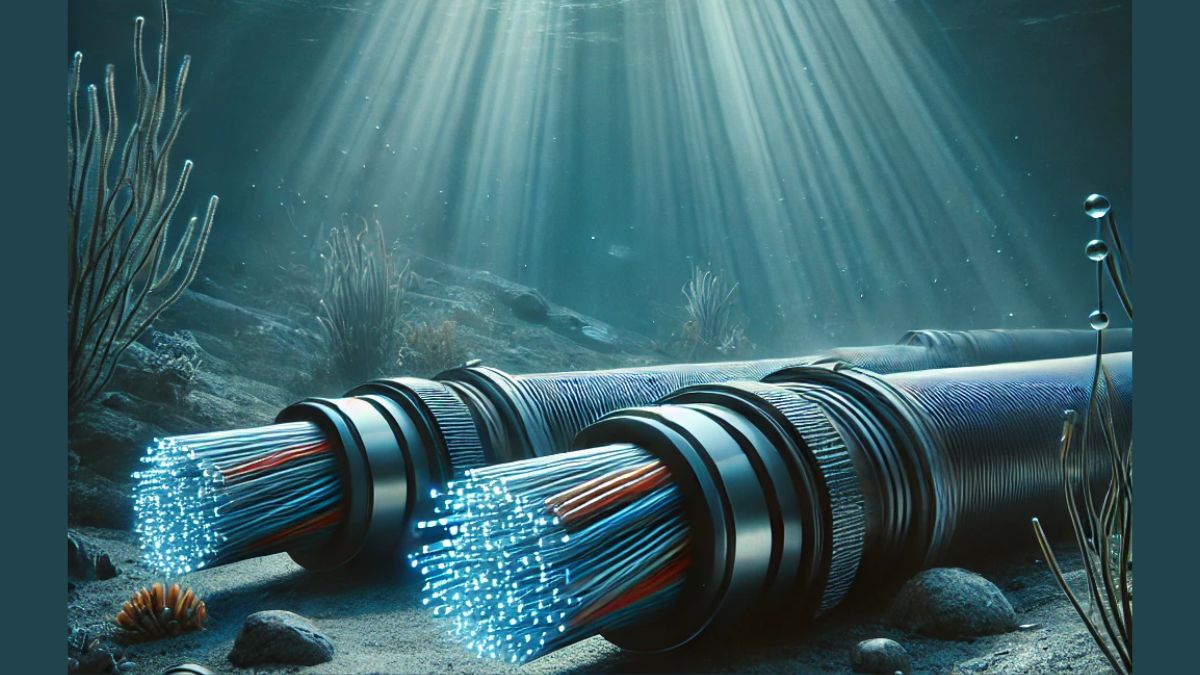The Danish military said Wednesday (November 20) it is closely monitoring a Chinese ship anchored in Danish waters, following the severing of two fiber-optic data telecommunication cables in the Baltic Sea earlier this week.
“The Danish Defence can confirm that we are present in the area near the Chinese ship Yi Peng 3,” the military announced on X, the social media platform formerly known as Twitter.
The Chinese vessel departed the Russian port of Ust-Luga on November 15 and was reportedly near the locations of the damaged cables, according to traffic data. Other ships were also detected in the vicinity, officials said.
Two undersea cables were severed in incidents occurring less than 24 hours apart. One cable connecting Sweden and Lithuania was cut on Sunday (November 17), and another linking Finland and Germany was severed on Monday (November 18).
Both breaches occurred within Sweden’s exclusive economic zone, prompting Swedish prosecutors to launch a preliminary investigation into possible sabotage.
Strategic significance of undersea cables
The incidents have heightened concerns over the security of subsea cables.
Undersea cables are vital for global connectivity, carrying vast amounts of data between continents.
These cables, stretching approximately 1.2 million kilometers worldwide, handle everything from financial transactions and streaming services to diplomatic and military communications.
Their strategic value makes them potential targets for surveillance or disruption.
Damage to cables is not uncommon and, in 80 per cent of cases, is not on purpose, said Eric Lavault, a French navy officer with expertise in sea-floor operations.
Impact Shorts
More ShortsHowever, he noted that deliberate sabotage or espionage attempts are not unprecedented.
Do China, Russia sabotage cables?
Chinese vessels have faced accusations in the past of tampering with subsea cables.
In November last year, Estonia requested Beijing’s cooperation in investigating the suspected involvement of a Chinese ship in cutting two telecom cables in the Baltic Sea.
The Chinese vessel had reportedly been near both the damaged cables’ locations before heading to Russia’s St. Petersburg. Even six months after getting the request, Beijing had not responded to Estonia.
Russia, too, has drawn scrutiny for its activities around critical subsea infrastructure.
“The strategic importance of undersea cables has not been lost on Russia,” the U.S.-based Center for Strategic and International Studies (CSIS) stated in a recent report.
The Russian oceanographic vessel Yantar, capable of deploying miniature submarines to depths of six kilometers, has been repeatedly spotted near transatlantic cables off the Irish coast.
Western nations’ undersea operations
It’s not just Russia and China with a history of involvement in subsea cable operations. According to Danish media, the United States reportedly intercepted communications from Germany, Sweden, Norway, and France via Denmark’s subsea cable network between 2012 and 2014.
The revelations included allegations of spying on then-German Chancellor Angela Merkel.
With inputs from agencies
)